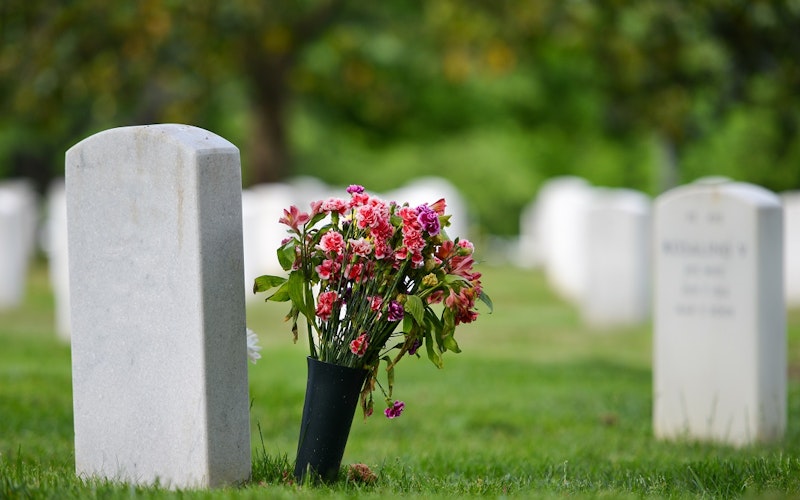
Online
When Facebook functions as a cemetery
I forgot how much Jon complained about his kidneys. He didn’t have a disorder or a disease. He just liked to whine every time his wife punched him for saying or doing something silly: “Ow, my kidney!” Except, as my sister reminded me, everywhere on his body was somehow his kidney.
It brought a smile to my face to remember this fun-loving, goofy friend of mine, who died in a car accident more than six years ago. His Facebook account is still active, so the beautiful eulogy my sister wrote about him and his kidneys is still there.
Being friends with the deceased on Facebook may seem strange, but it’s becoming more and more common. A recent BBC article noted that as of 2012, there were a reported 30 million users who had died. Three of my own friends who’ve passed, including Jon, are “still” online.
Social media accounts preserve more than just memories.
Sometimes it’s uncomfortable reading their names as I scroll along, wishing I didn’t have to be reminded of who I’ve lost. Yet there is no escaping the reality that social media is changing how we interact with death. As that BBC article comments, “While it’s obvious that people don’t outlive their bodies on digital technology, they do endure in one sense. People’s experience of you as a seemingly living person can and does continue online.”
Visiting the cemeteries in which my grandfathers are buried is not the same as perusing Jon’s Facebook page. I never knew either of those men and their gravestones tell me little more than their names and a few dates. Jon’s youngest daughter, on the other hand, has the father she never met immortalized through dozens of photos, statuses, likes and, of course, kidneys.
In The Four Loves, C. S. Lewis also reflects on the loss of a friend and what it taught him about friendship:
In each of my friends there is something that only some other friend can fully bring out. By myself I am not large enough to call the whole man into activity; I want other lights than my own to show all his facets. Now that Charles is dead, I shall never again see Ronald’s reaction to a specifically [Charles] joke. Far from having more of Ronald, having him “to myself” now that Charles is away, I have less of Ronald.
It takes a community to know a person. My memories of Jon are tied together with the memories of the rest of his friends. Much of how I knew him was through other people.
If friendship is a communal affair, the church is even more so. According to the book of Hebrews, we have a rich history of those who have gone before us that not only informs our doctrine, but reminds us that faith is not an individual exercise. There is, indeed, “a great cloud of witnesses” who exist not as mere characters in stories. They’re a part of our relationship with Christ.
Epitaphs only capture so much of a person, but social media accounts preserve more than just memories. They preserve relationships. Most importantly, they remind us that knowing Jesus fully comes through knowing His saints — our brothers and sisters in Him. We’re a family. And like my own family, we may quarrel, but we always come back together to share stories. Otherwise, the only things I would know about my grandfathers would be names and dates. My friend’s Facebook account memorializes much more.
Topics: Online, Culture At Large, Science & Technology, Technology